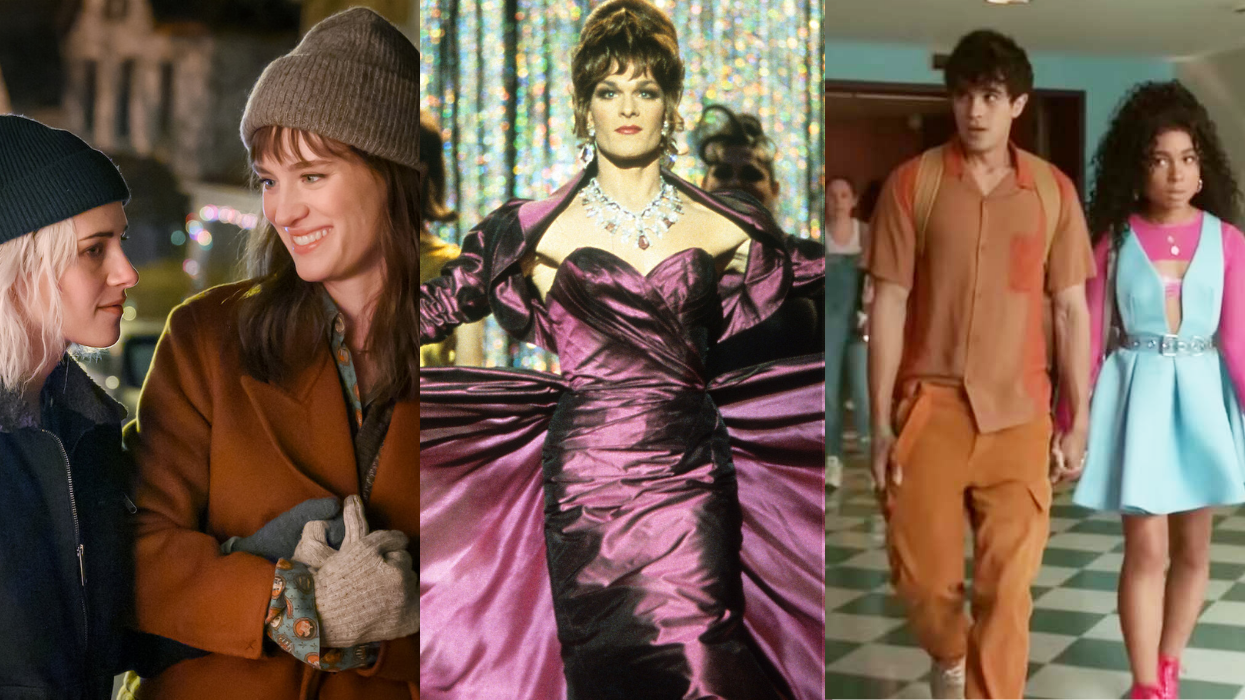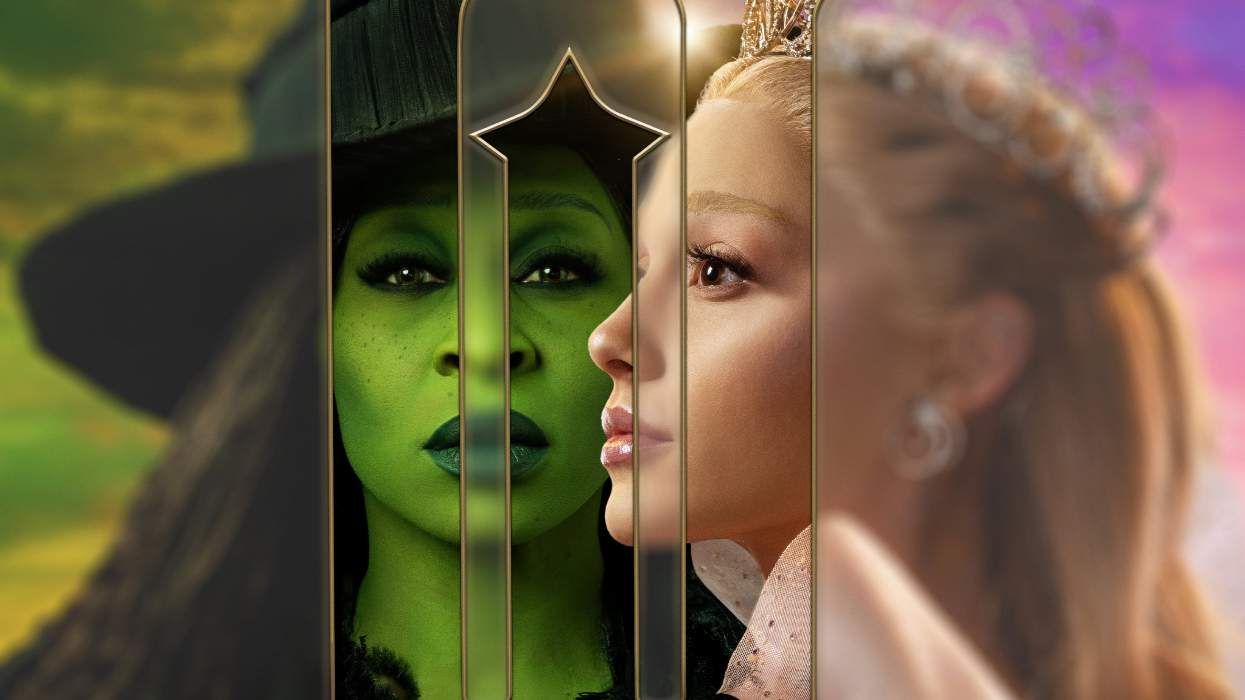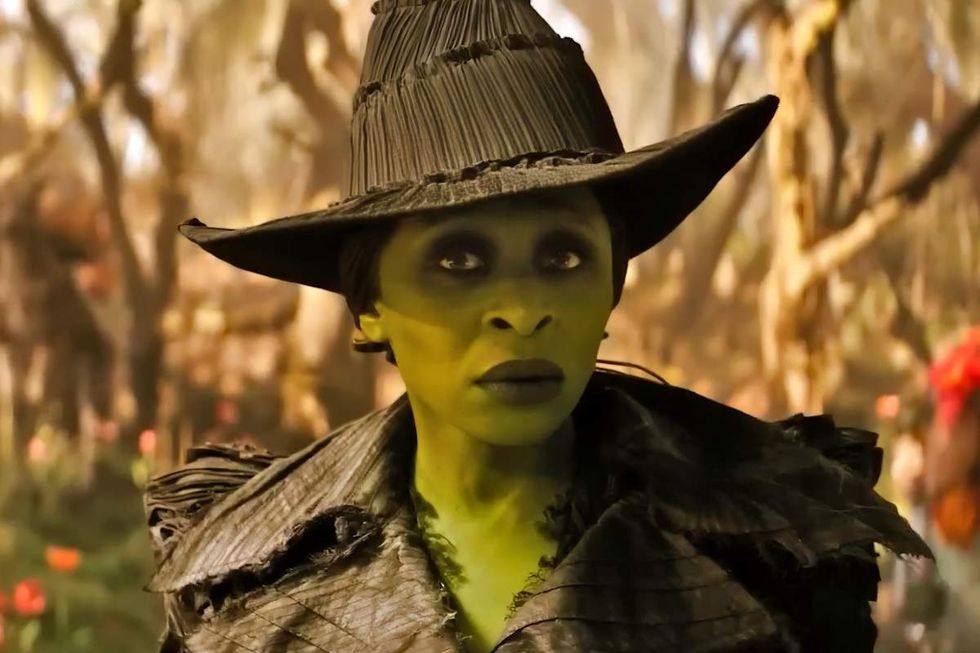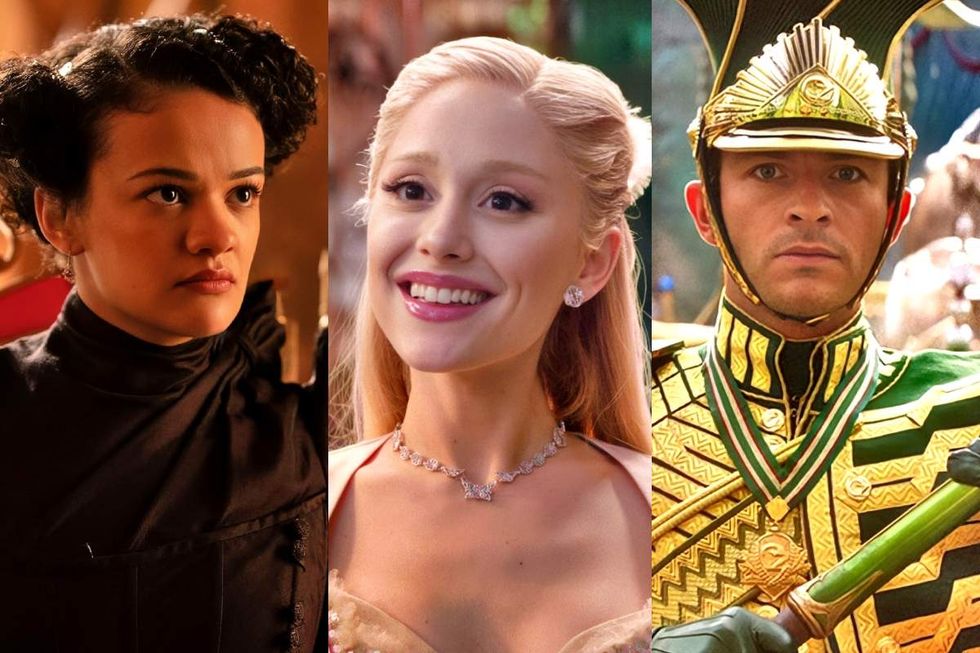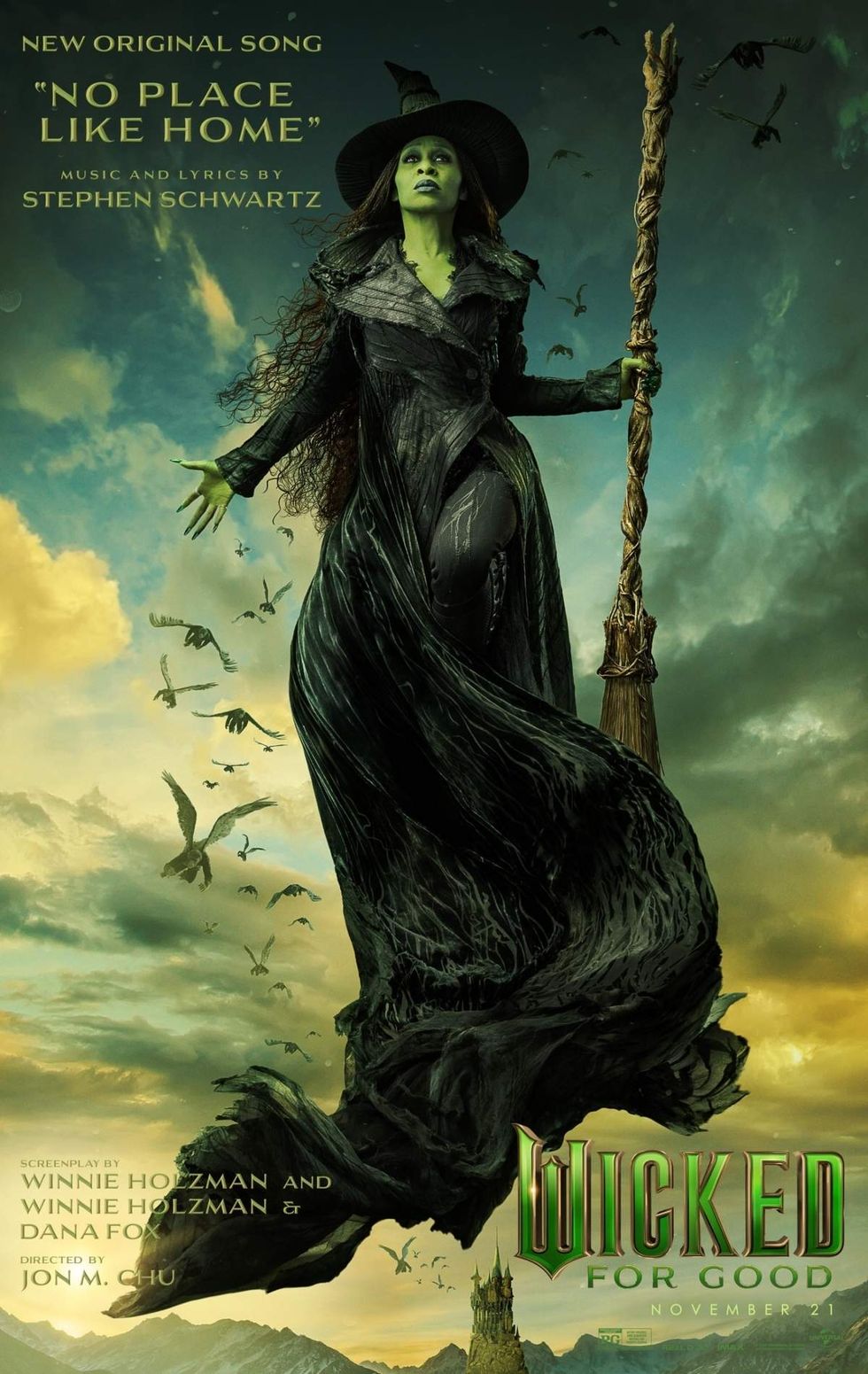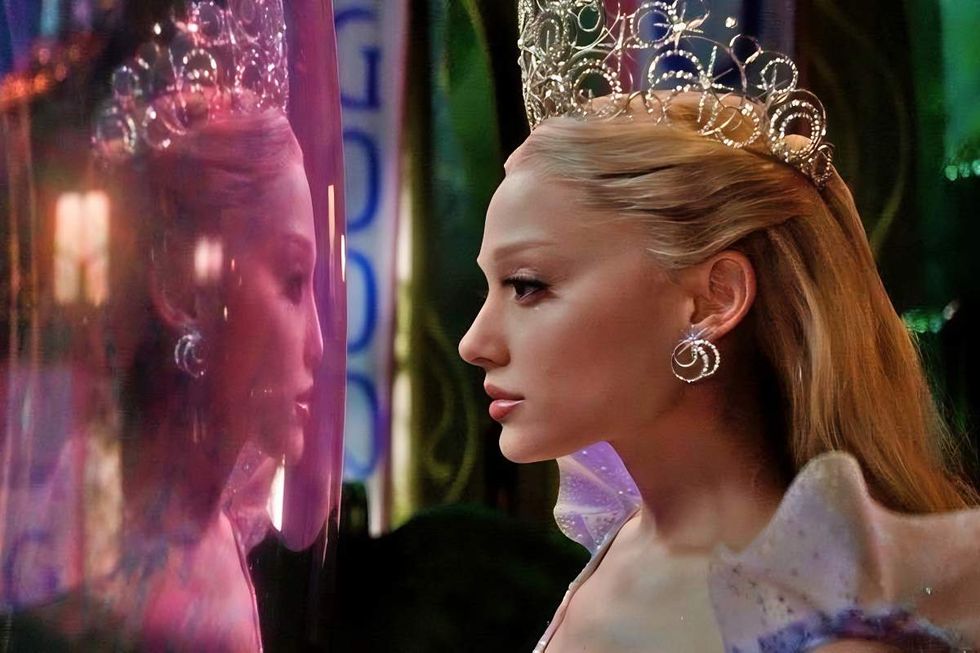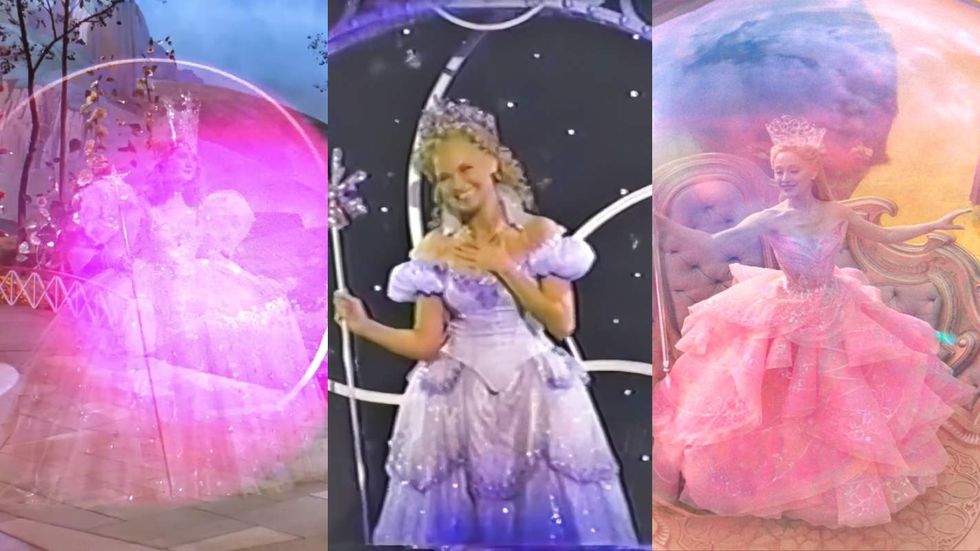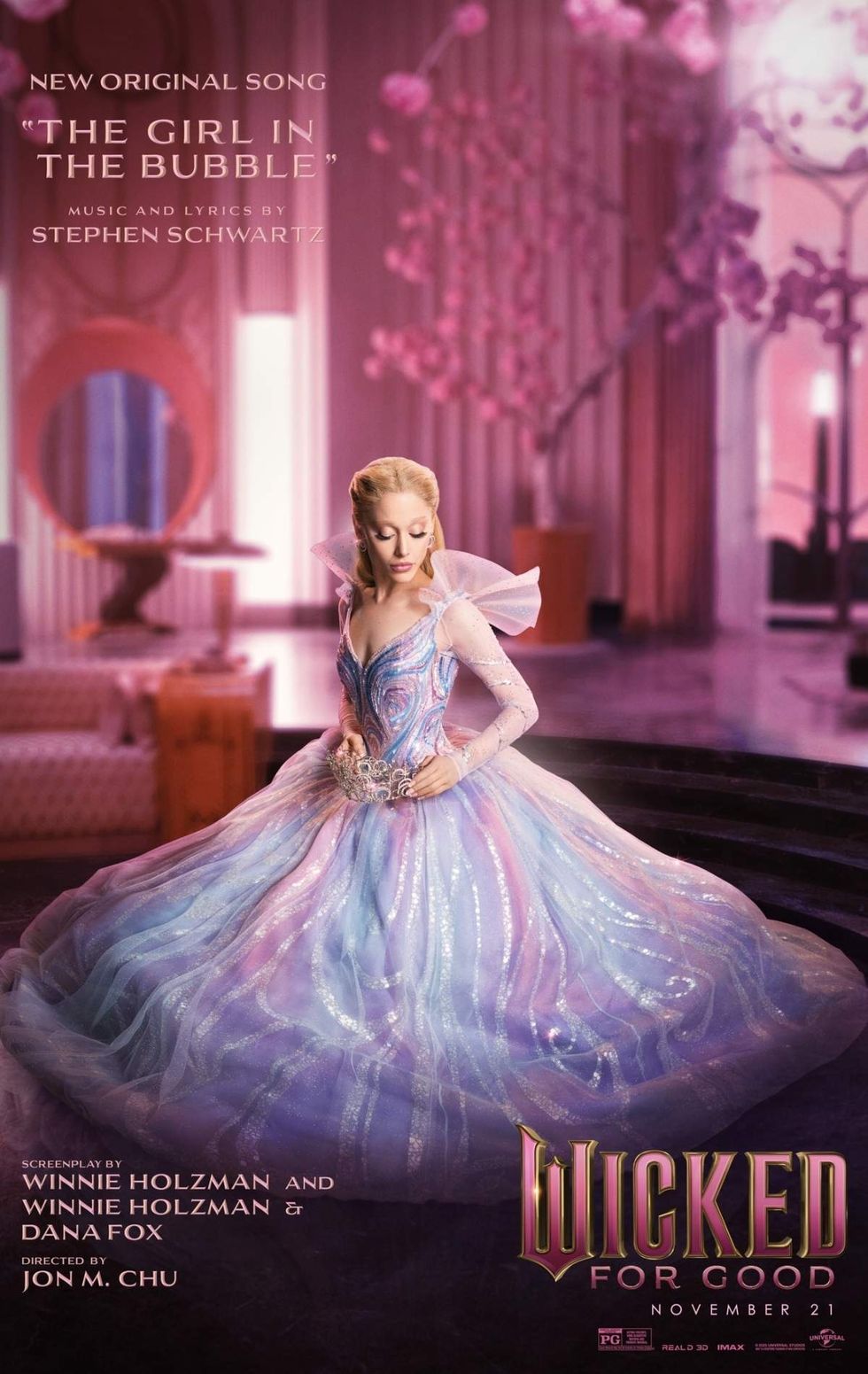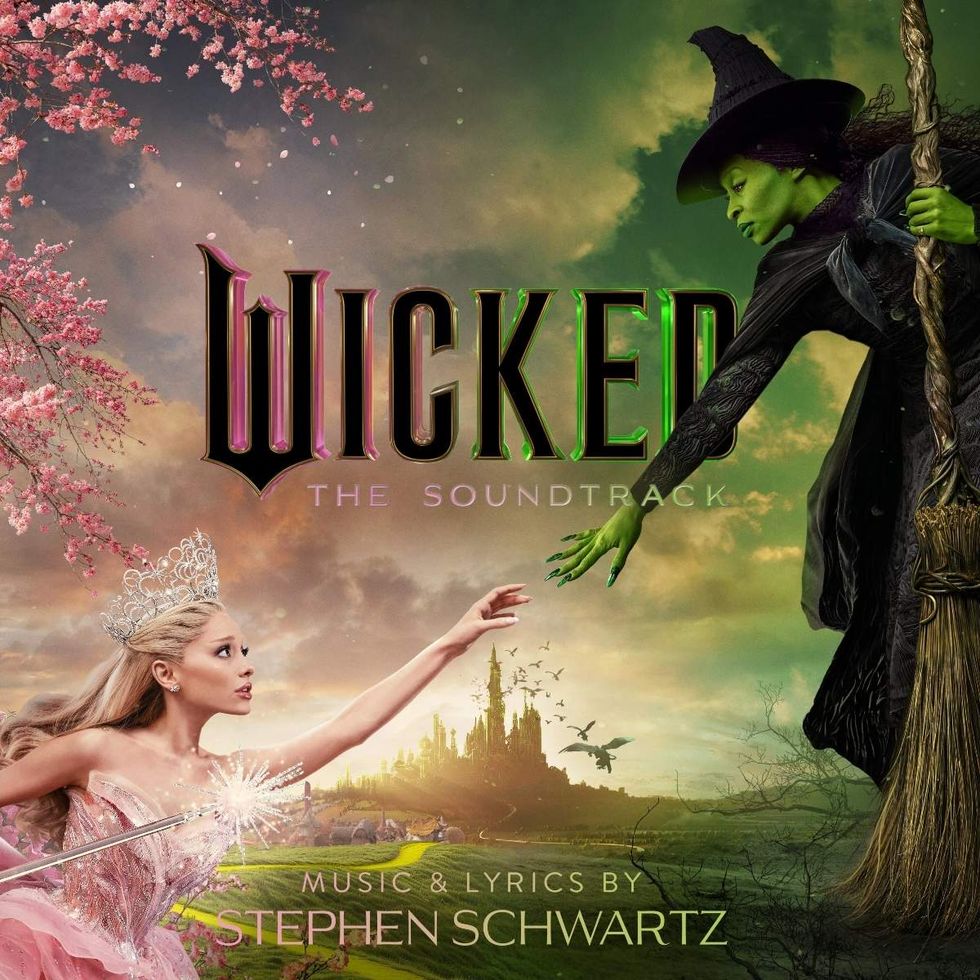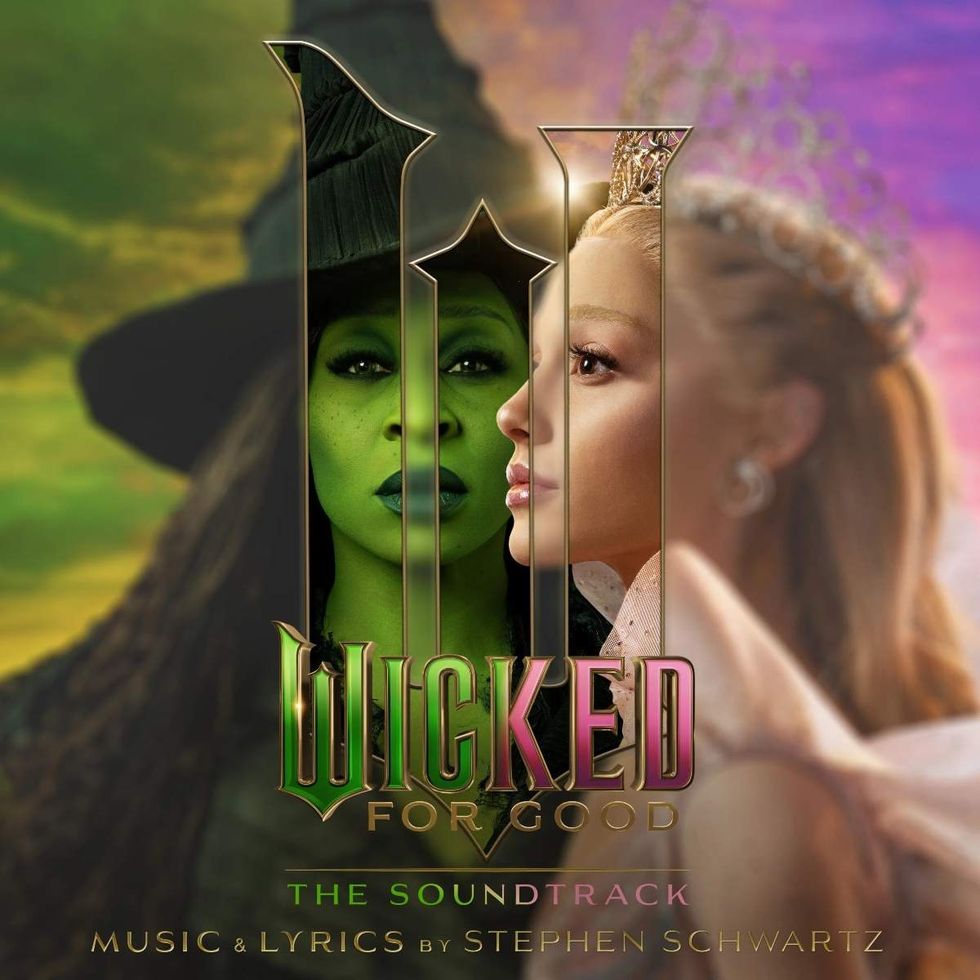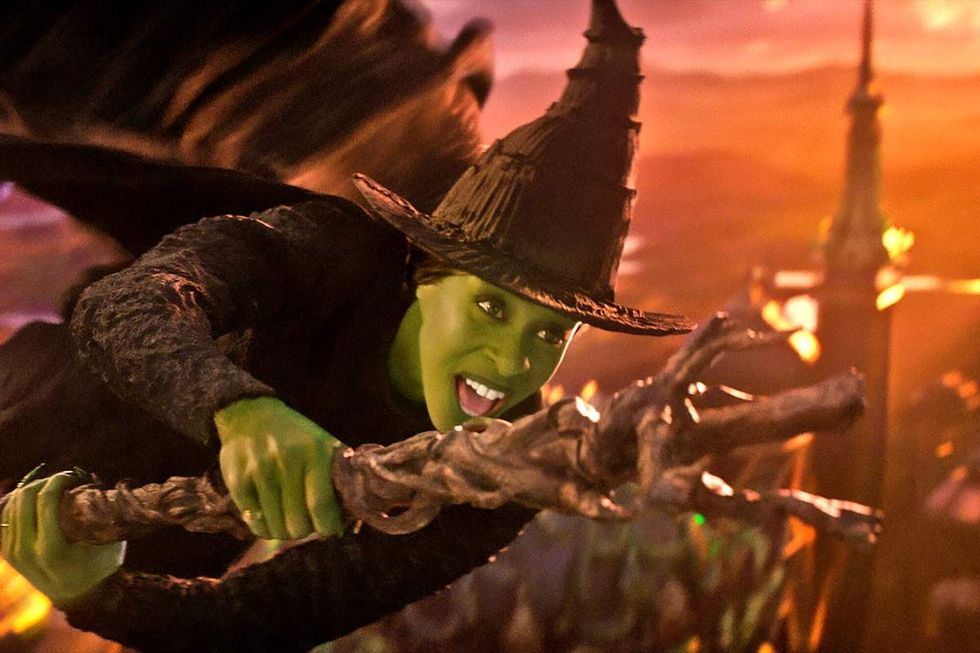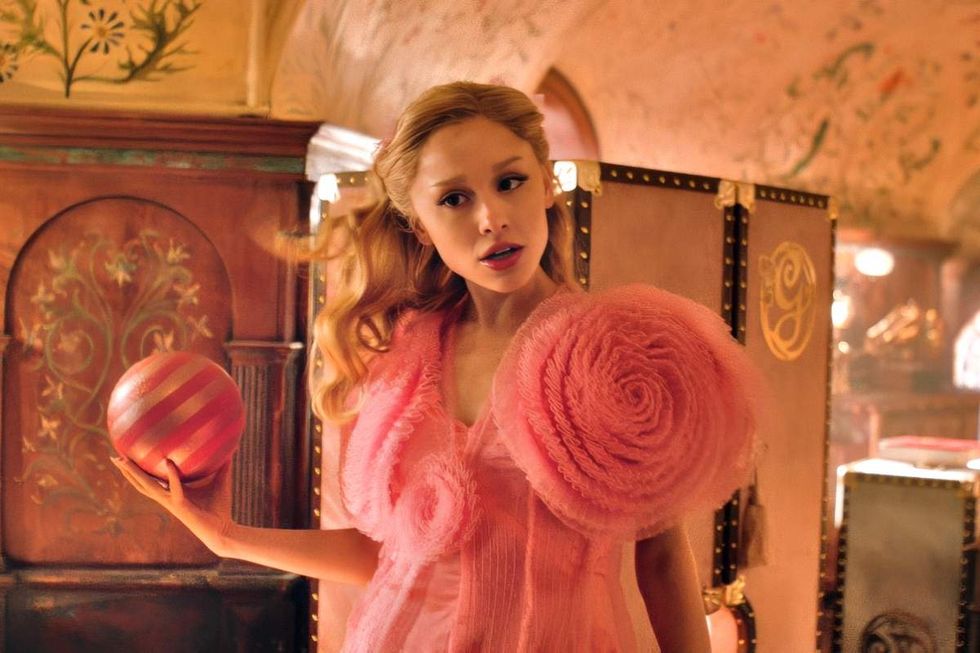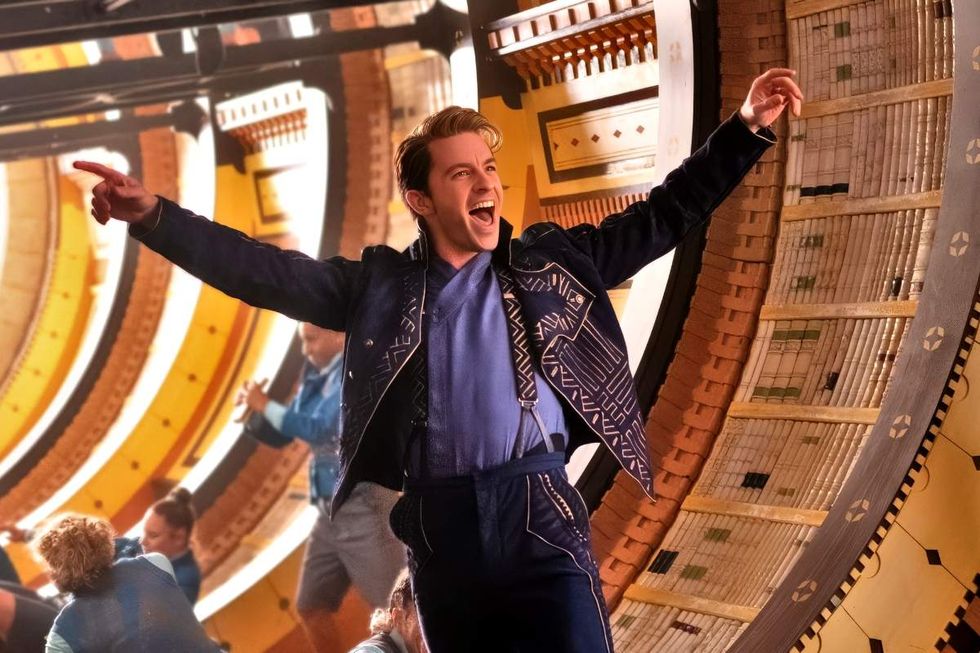Fire Song, the first Canadian narrative feature film to deal with two-spirited people in the First Nations community, focuses on Shane (Andrew Martin), a closeted Anishinaabe teenager who finds himself at a crossroads just weeks before he’s set to leave his remote Northern Ontario Aboriginal community for university in the city.
In moments, the film is overwhelmingly grim. Shane’s sister has committed suicide, and his mother is reeling from the tragedy. Shane’s girlfriend, Tara (Mary Galloway), struggles to hold together a relationship she knows is falling apart. Moving to the city is Shane’s chance to live openly with his boyfriend David (Harley Legarde), the grandson of a community elder, Evie (Ma-Nee Chacaby)—but there are countless obstacles in his way.
Fire Song is relentless in its portrayal of depression, suicide, sexual assault, drug abuse, and homophobia. The shockwaves of trauma felt throughout the community, Shane’s escalating desperation, and claustrophobic interior shots of David and Shane plotting their escape, or David’s mother mourning in her daughter’s room suspend the viewer in each character’s difficult reality. Yet, there are bright spots—fleeting glimpses of David and Shane lying in the grass, lingering shots of the incredible landscape—and ultimately Shane’s story is one of resilience.
Adam Garnet Jones, the writer-director of Fire Song, just wrapped his second feature, Great Great Great, and is currently working on a young adult novel adaptation of his first feature film. He talked to PRIDE about the making of and the response to Fire Song, which will be released for streaming and on DVD by Wolfe Video on November 8th.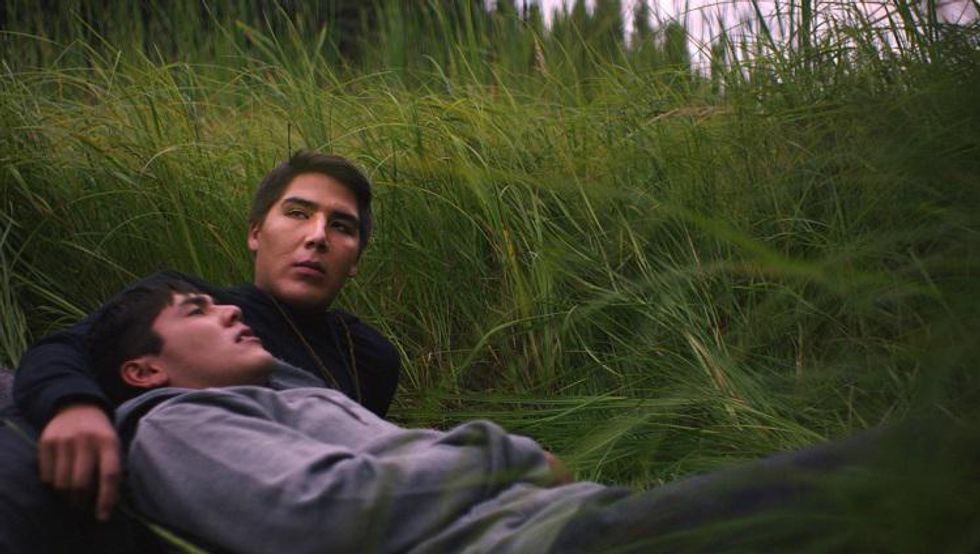
Adam Garnet Jones: It was important primarily because I needed to tell a story that felt personal for me. I’d made films that had content that was queer, and content that was Indigenous before, but I’d never really found a way to put those things together in a film before. So, that was important to me—to find a way to bring those communities together and tell a story that could find a place in both of those communities. But it was also important because I feel like I’ve really been marked by my own experiences with depression and suicide. It’s something I’ve seen affecting a lot of Indigenous communities in Canada, and also in the United States. It felt like this story was something that was beyond me.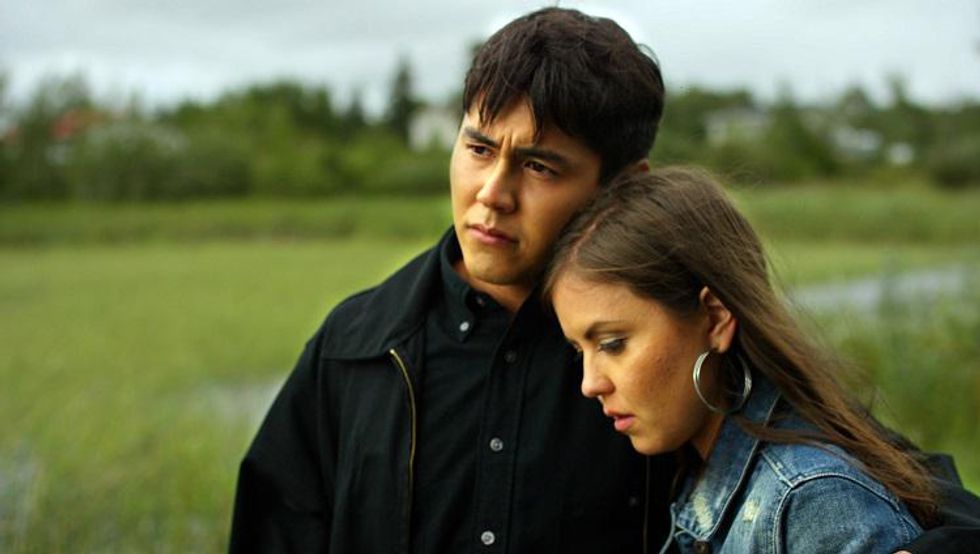
AGJ: Yeah, he and a number of people in the film have never been on screen before.
Pride: What challenges did that present as a director?
AGJ: Well, for a number of them it was their first time on camera or their first significant role. There’s just a leap of faith that has to happen as a director. I had to make a leap of faith that they were going to be able to do it, but they also had to make a leap of faith that I was going to be able to carry them through it. Once we all kind of silently agreed to trust one another, everything came together from there.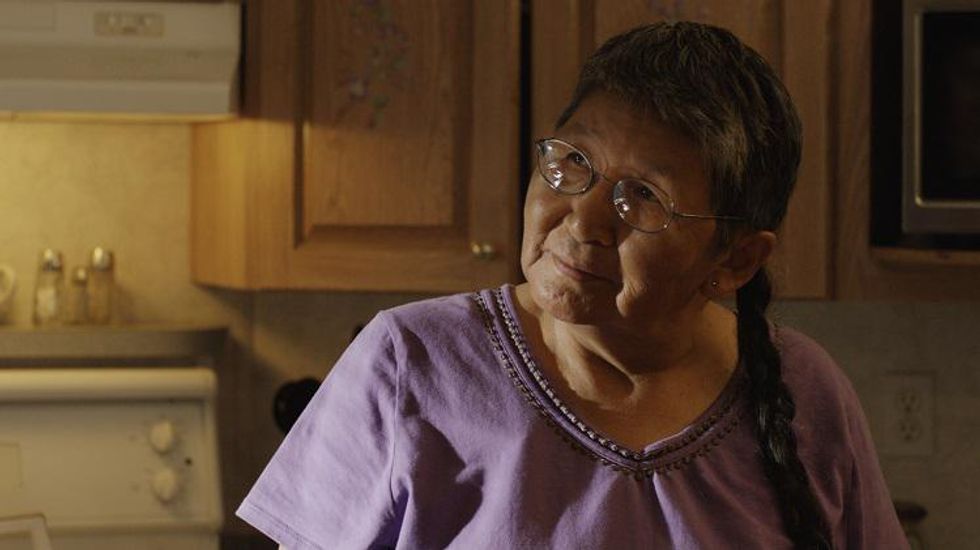
AGJ: I ran into Ma-Nee at an impromptu backyard Pride party in Thunder Bay. At the place where I was staying and casting the film, one of the producers was friends with a number of two-spirited people in Thunder Bay, and they needed a place to have a barbecue. So, they said, 'Hey, Michelle [Derosier], we’re coming over to your place. We're bringing a whole bunch of different people.' And one of the guests at that barbecue was Ma-Nee. We’d done a lot of looking around for the right kind of person to fill that role, and we were just not finding anyone, to be honest. It seems like it’s a lot easier for young people to relax and be themselves in front of a camera, and older people tend to just be more nervous about the whole thing. So, when Ma-Nee came to the barbeque, and she came in with her lesbian mullet, and her baseball cap that said 'BEAVER' on it in big letters, and she started telling traditional stories in Anishinaabemowin and translating into English, and the whole crowd was just—she had the meeting in the palm of her hand. From that moment on, I felt like, 'Okay, I just have to find a way for her to be in this movie.' And she’s amazing. She’s really game for anything.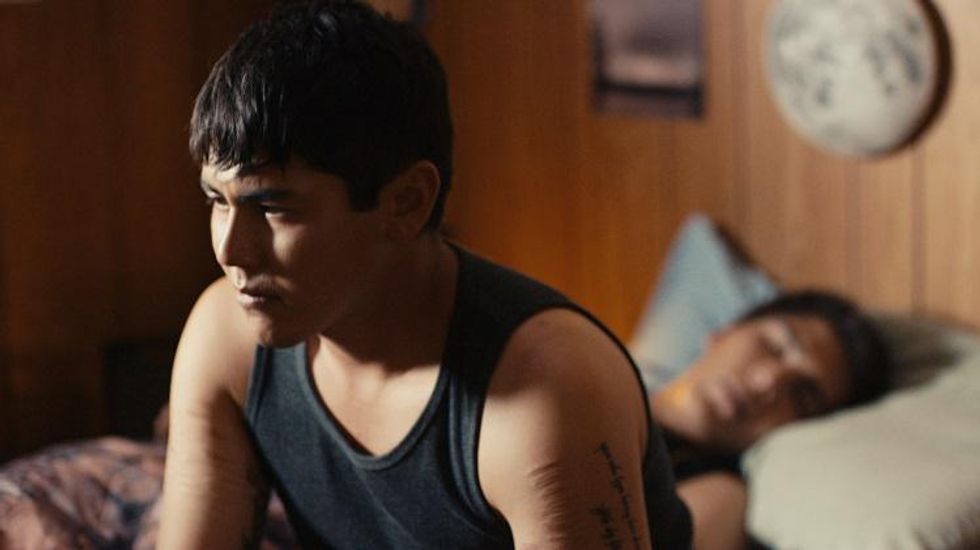
AGJ: It’s always a challenge making a film on a small budget, but particularly because we were shooting the film in a part of Ontario that’s fairly remote that’s really not close to a film production center. There were a lot of costs associated with bringing crew to the north. The small example is even the catering for the film ended up costing four times more than we originally budgeted simply because there were no caterers that were accustomed to the needs of film catering. I think when you’re shooting a film in an area that’s not accustomed to film production there are hidden costs. But the opposite is also true, because we were shooting in small reserve communities, and we had to rely on them a tremendous amount. Both communities really pulled through for us and gave us a ton of stuff for free, and really bent over backward to help us make the film. We only had 15 days to shoot, so if we had more money the first thing I would do is build more time into the budget, just so we could work with the actors more, and spend more time with the landscape.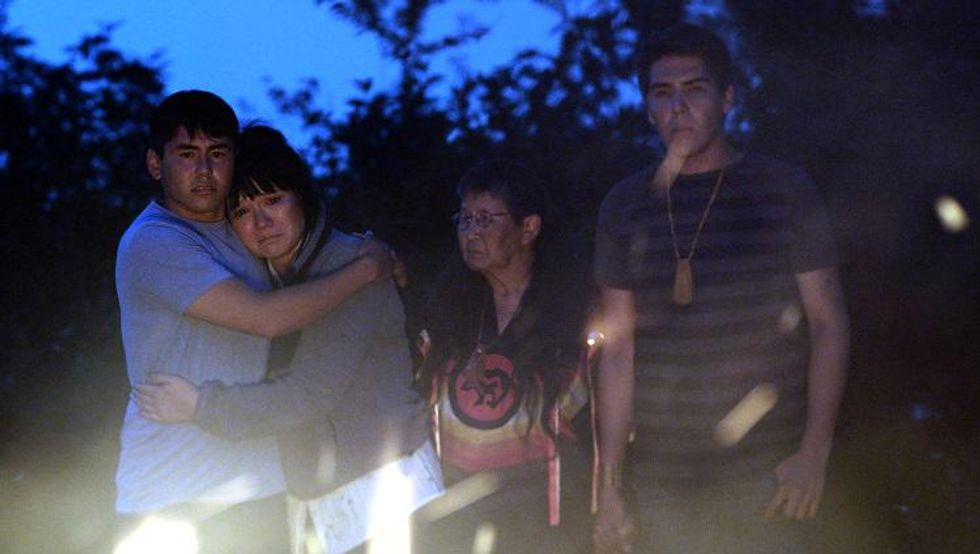
AGJ: I want people to see the struggles and hardships that are facing young people in our communities, but I really want them to be left with a feeling of resilience. In spite of all of that stuff, there’s tremendous potential, and there are incredible things that our young people are doing. I think that’s really exciting. It’s really inspiring, and it speaks to strength and resilience. The other thing I’ve heard from some people is that—to the extent that people are aware of what’s happening in reserves in Northern Canada—people are aware of it in a way that conjures bleak statistics and very distant, removed journalistic articles. What people have said about the film is that even though they knew a lot of these issues were at play in our community, the film humanizes it and makes it feel like something they can really empathize with and understand, and that feels very close and immediate for them. It creates a desire to find out more and see if there’s an opportunity to contribute to positive change.
To pre-order Fire Song and find out more about the film, visit Wolfe On Demand.
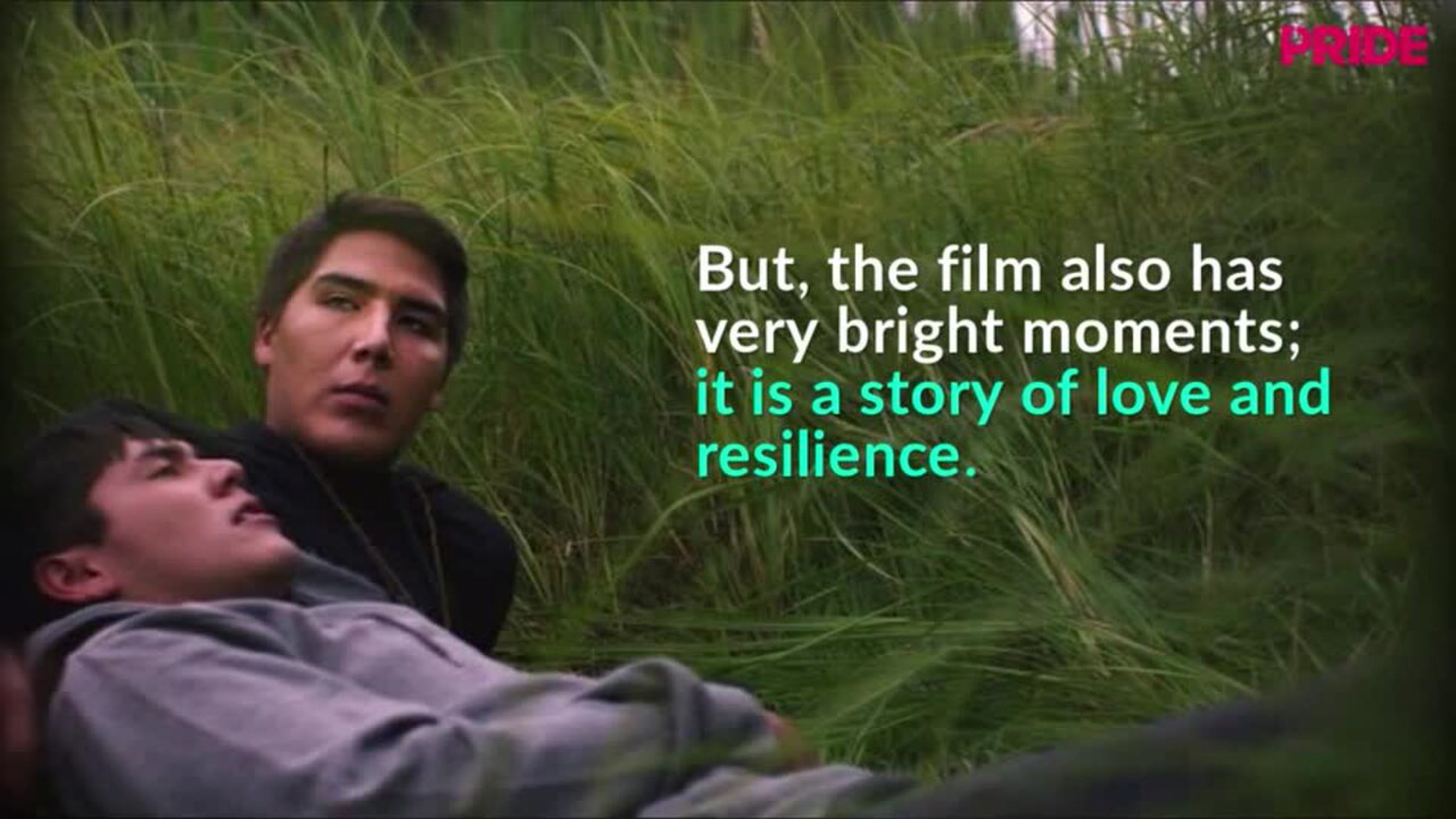











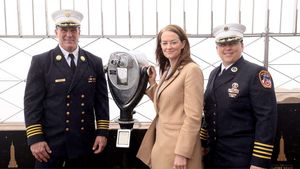

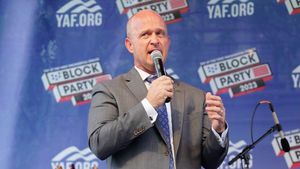






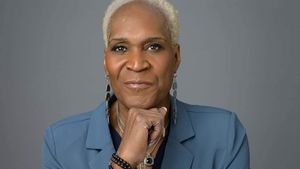








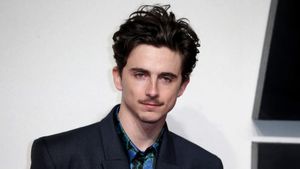







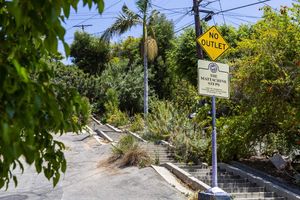








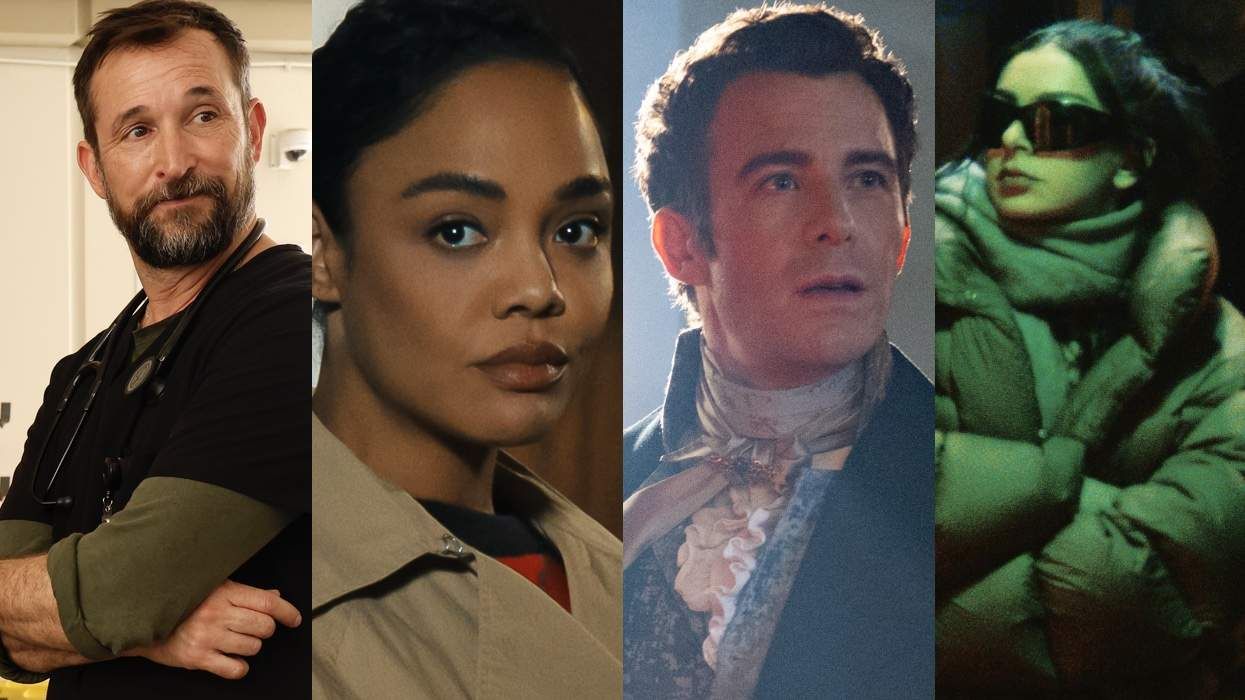
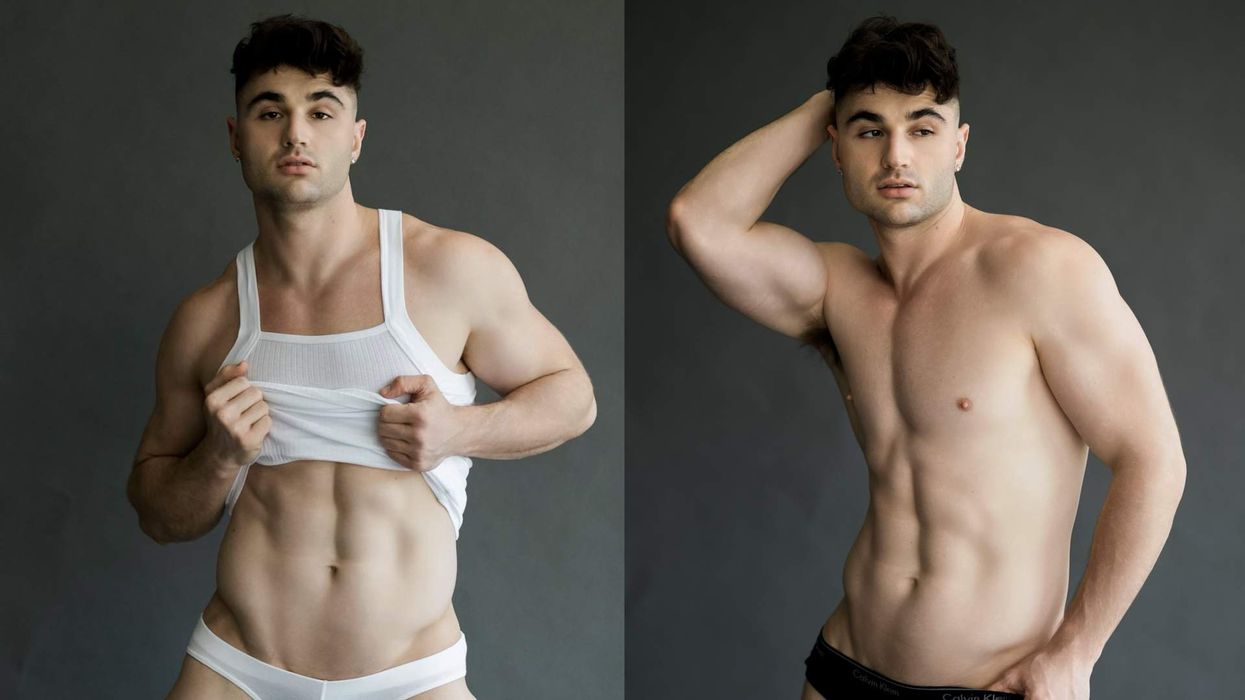
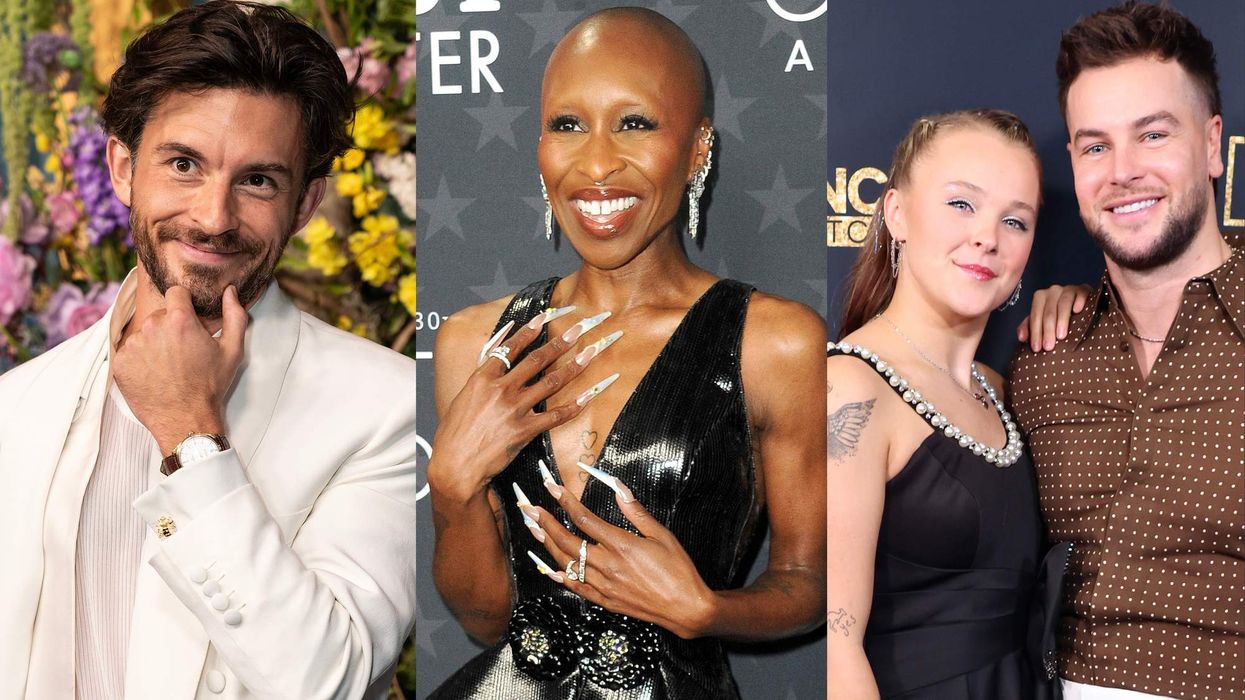


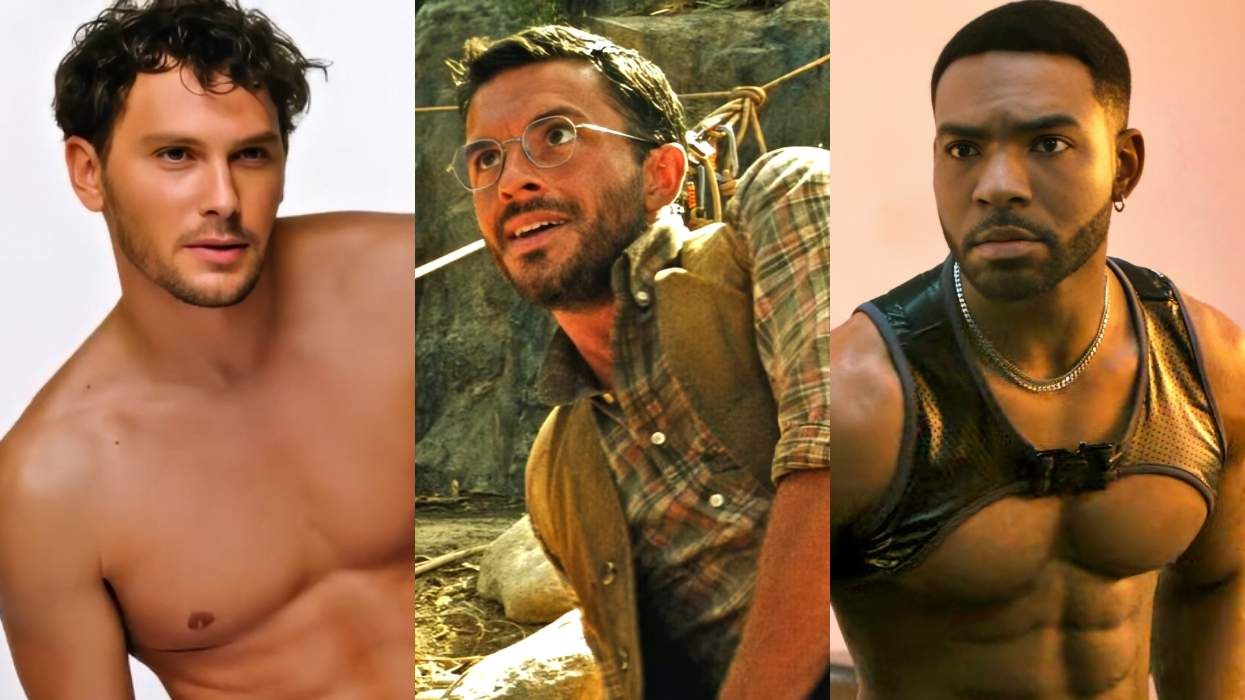

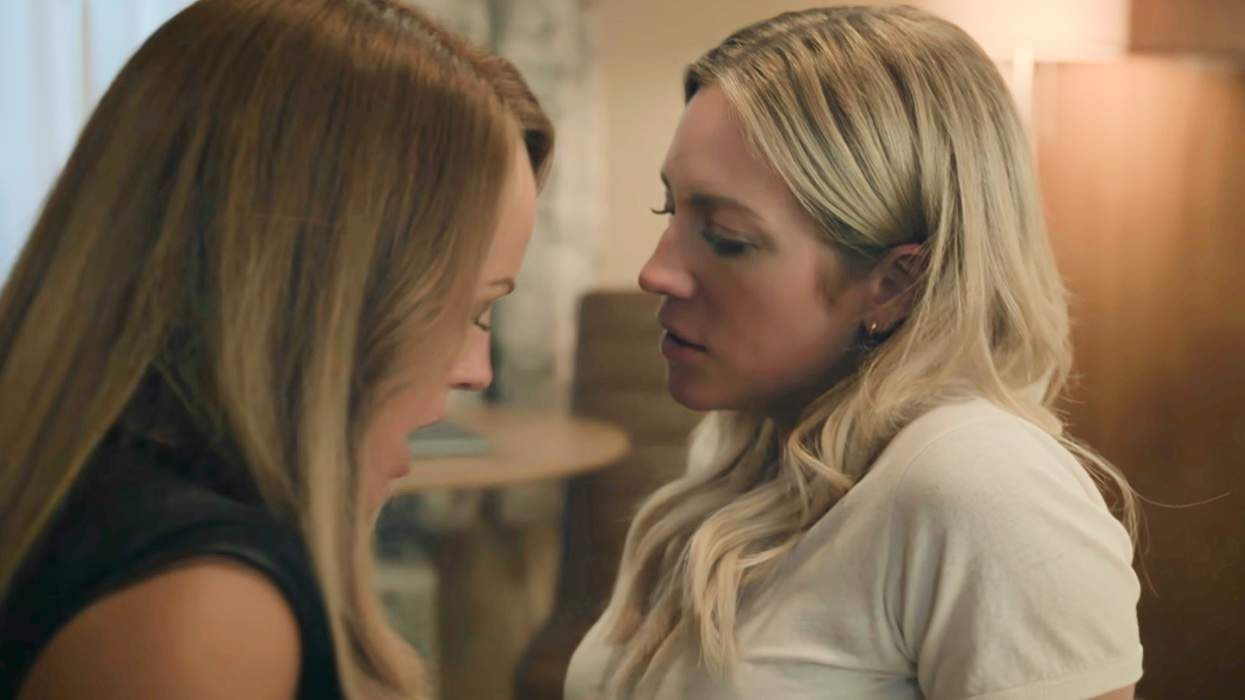


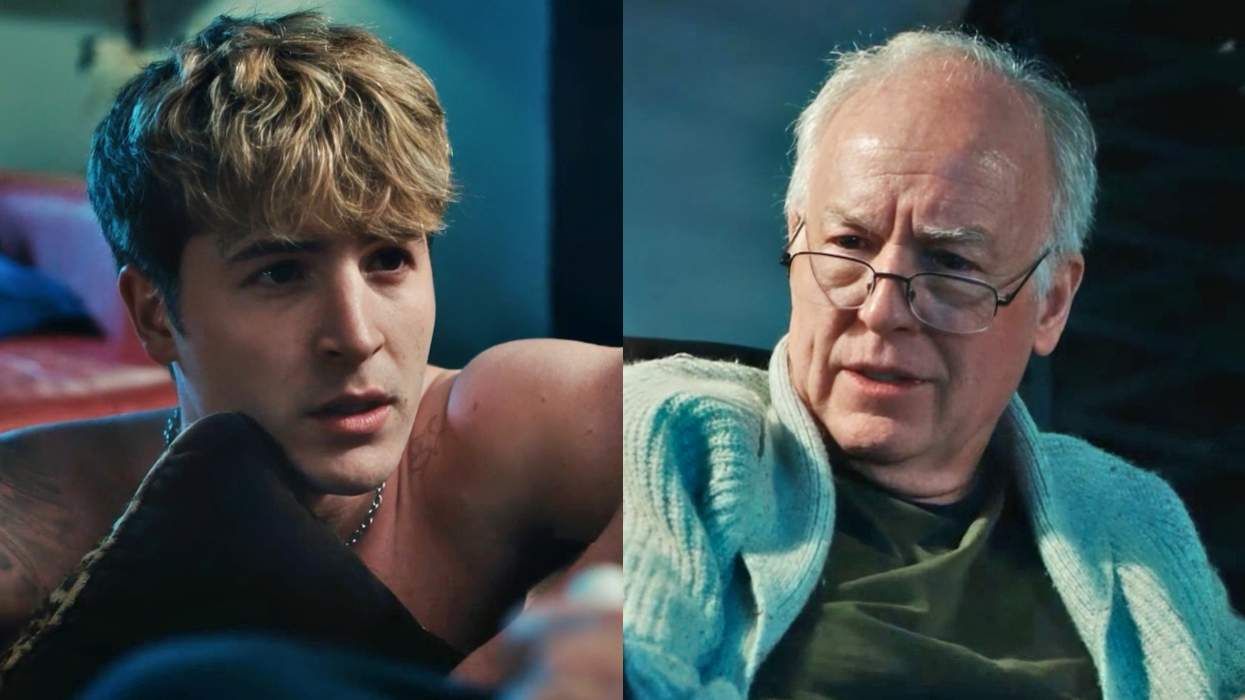
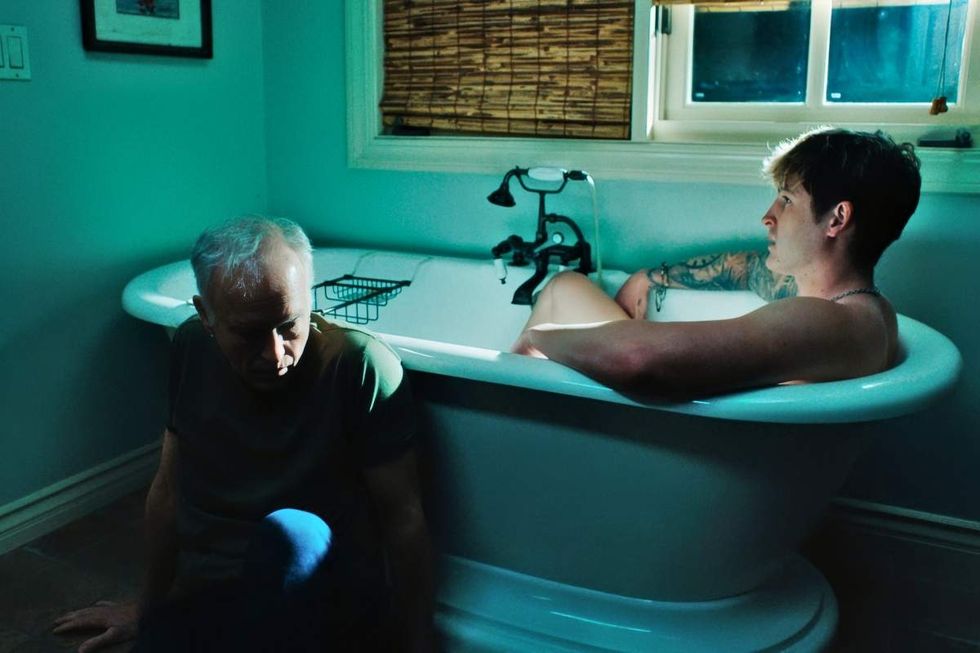 Reed Birney as Hank Grant and Kieron Moore as Aaron Eagle in Blue Film.Fusion Entertainment
Reed Birney as Hank Grant and Kieron Moore as Aaron Eagle in Blue Film.Fusion Entertainment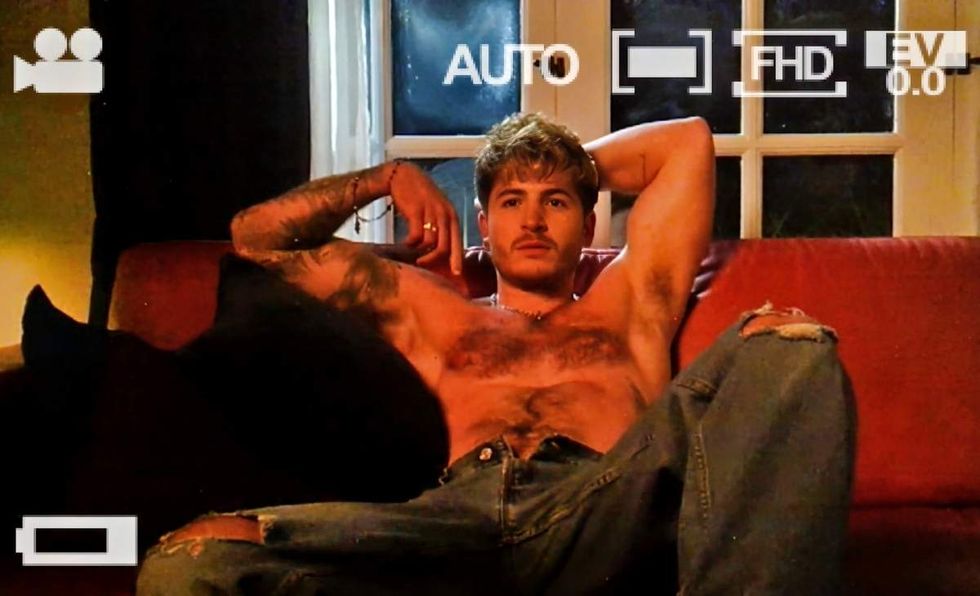 Kieron Moore as Aaron Eagle in Blue Film. Fusion Entertainment
Kieron Moore as Aaron Eagle in Blue Film. Fusion Entertainment 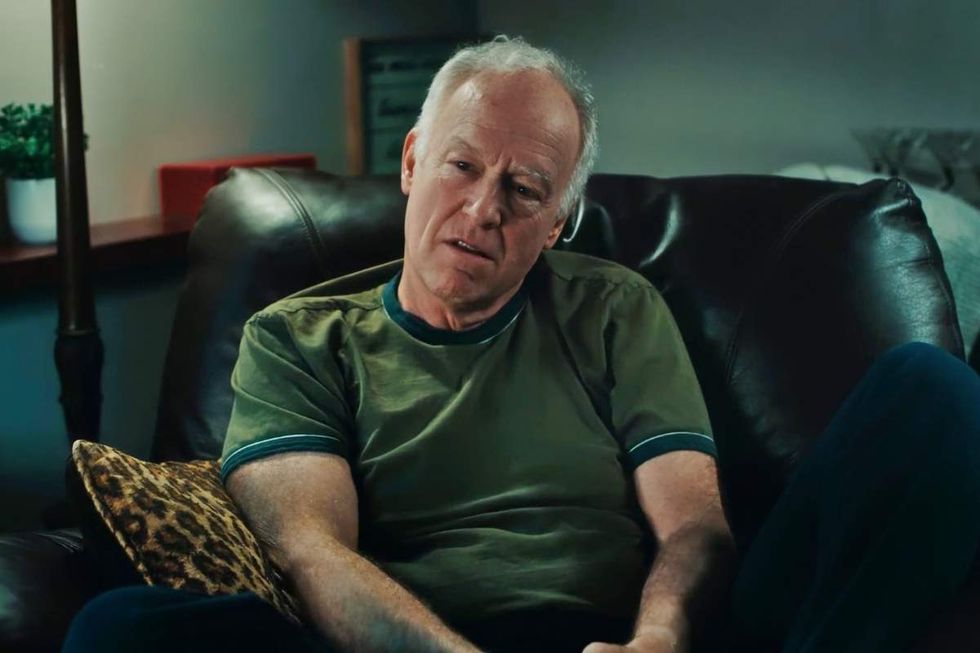 Reed Birney as Hank Grant in Blue Film.Fusion Entertainment
Reed Birney as Hank Grant in Blue Film.Fusion Entertainment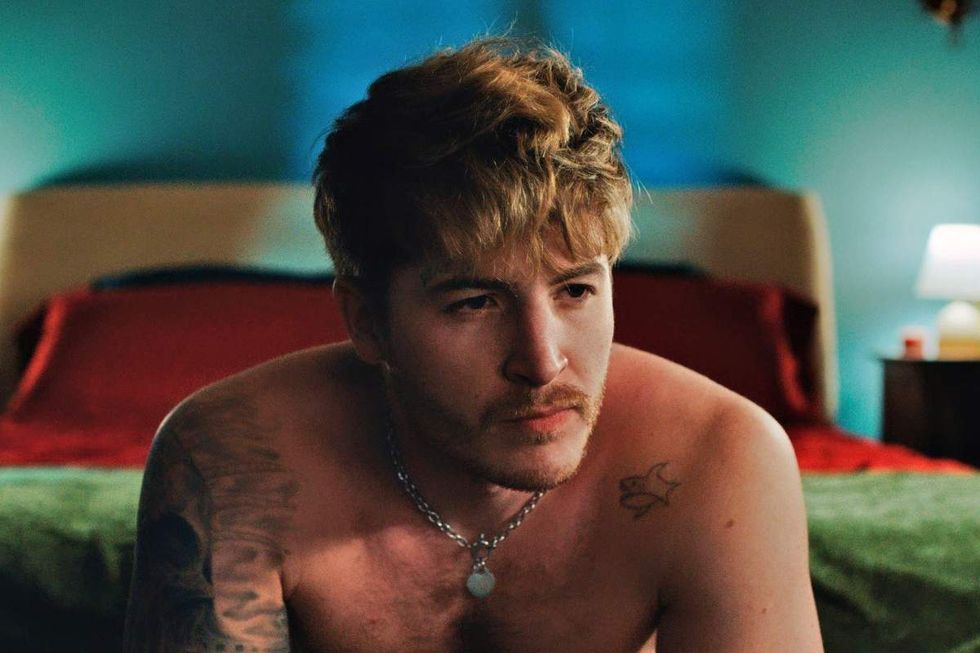 Kieron Moore as Aaron Eagle in Blue Film. Fusion Entertainment
Kieron Moore as Aaron Eagle in Blue Film. Fusion Entertainment 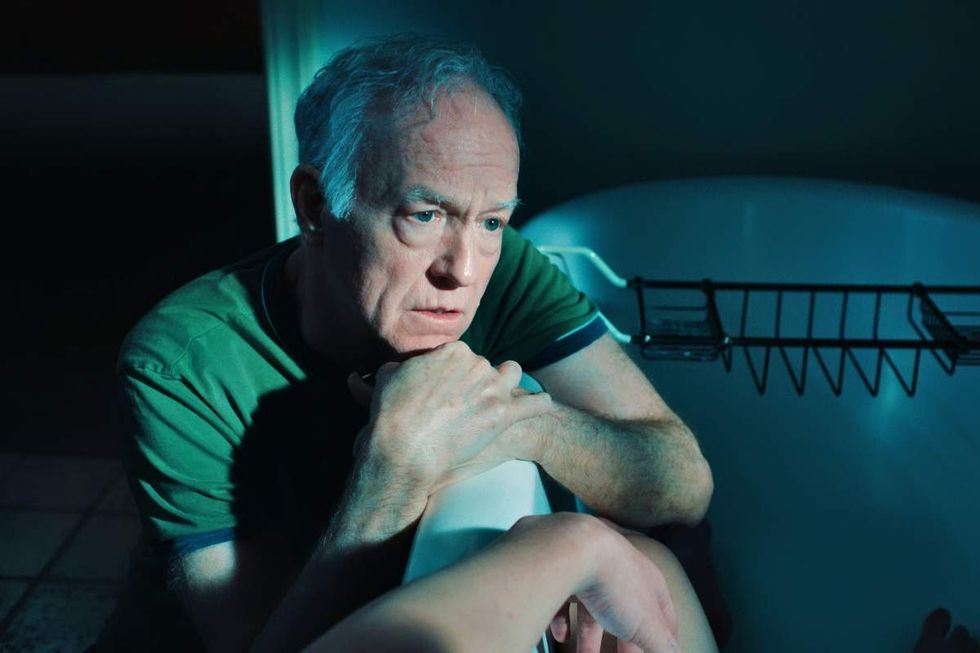 Reed Birney as Hank Grant in Blue Film.Fusion Entertainment
Reed Birney as Hank Grant in Blue Film.Fusion Entertainment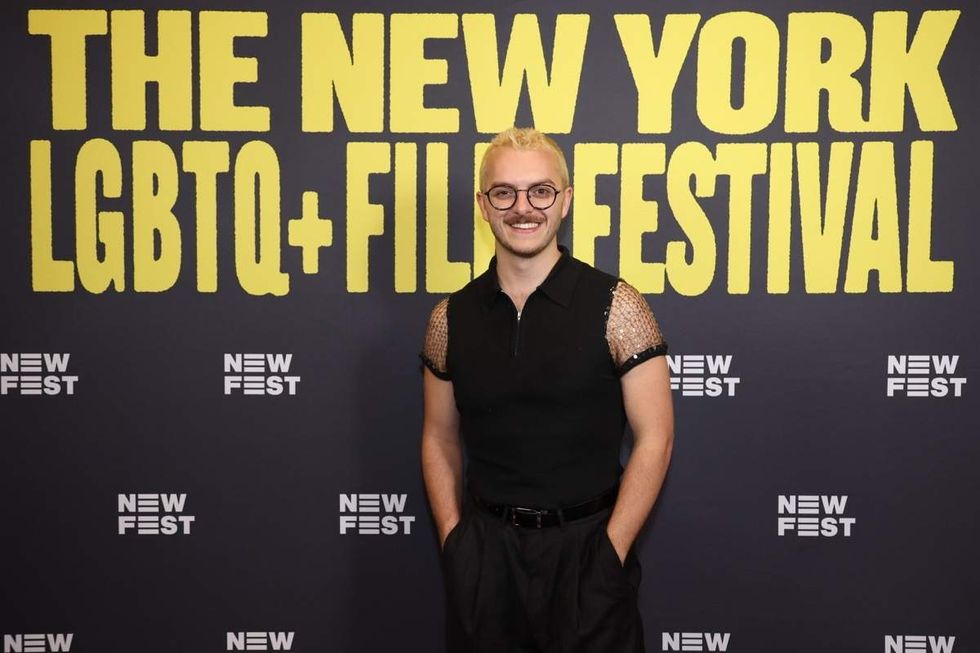 Director Elliot Tuttle at the premiere of Blue Film at 2025 NewFest at SVA Theater in New York City.Rob Kim/Getty Images
Director Elliot Tuttle at the premiere of Blue Film at 2025 NewFest at SVA Theater in New York City.Rob Kim/Getty Images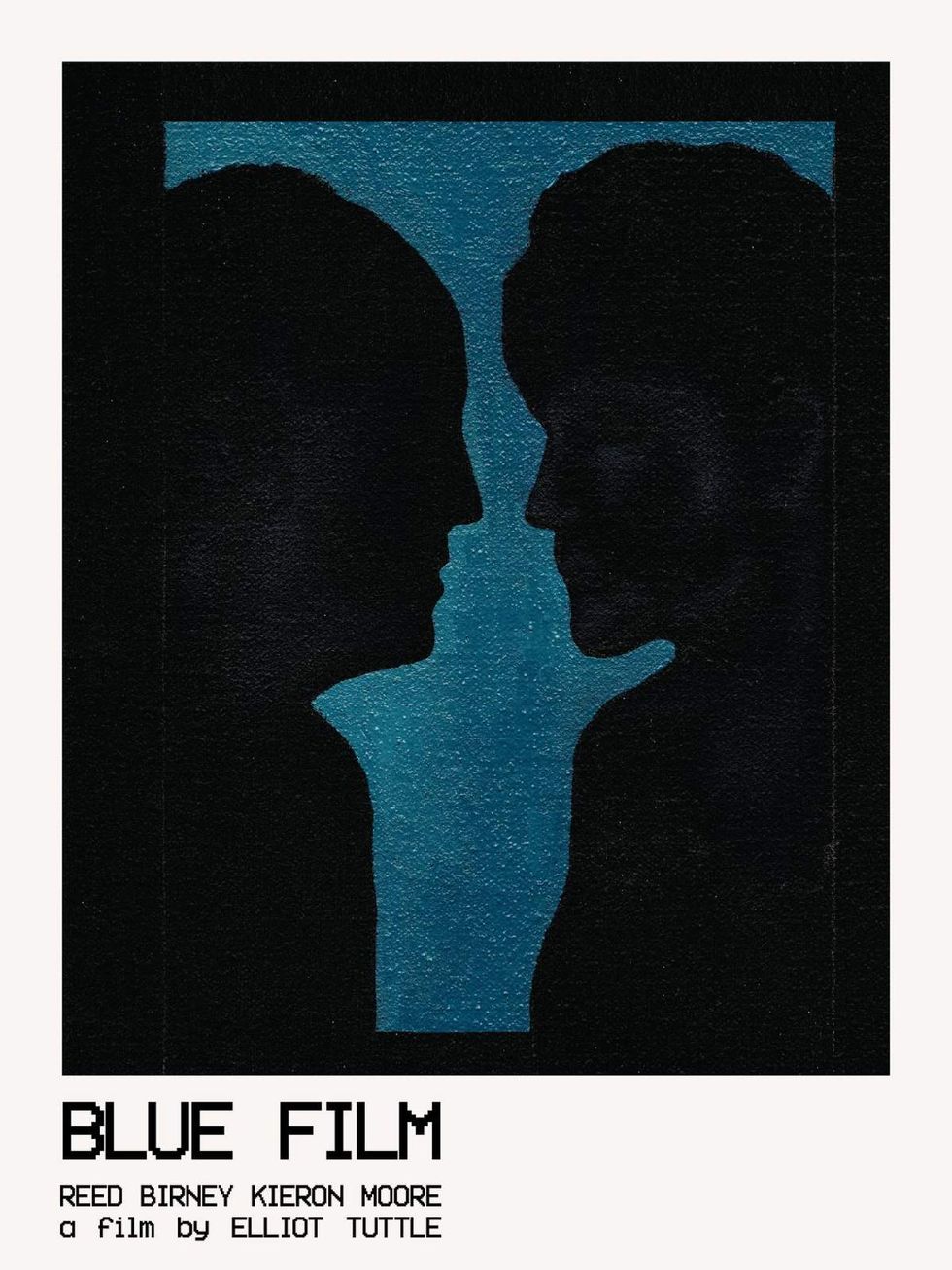 The official poster for Blue Film.
The official poster for Blue Film.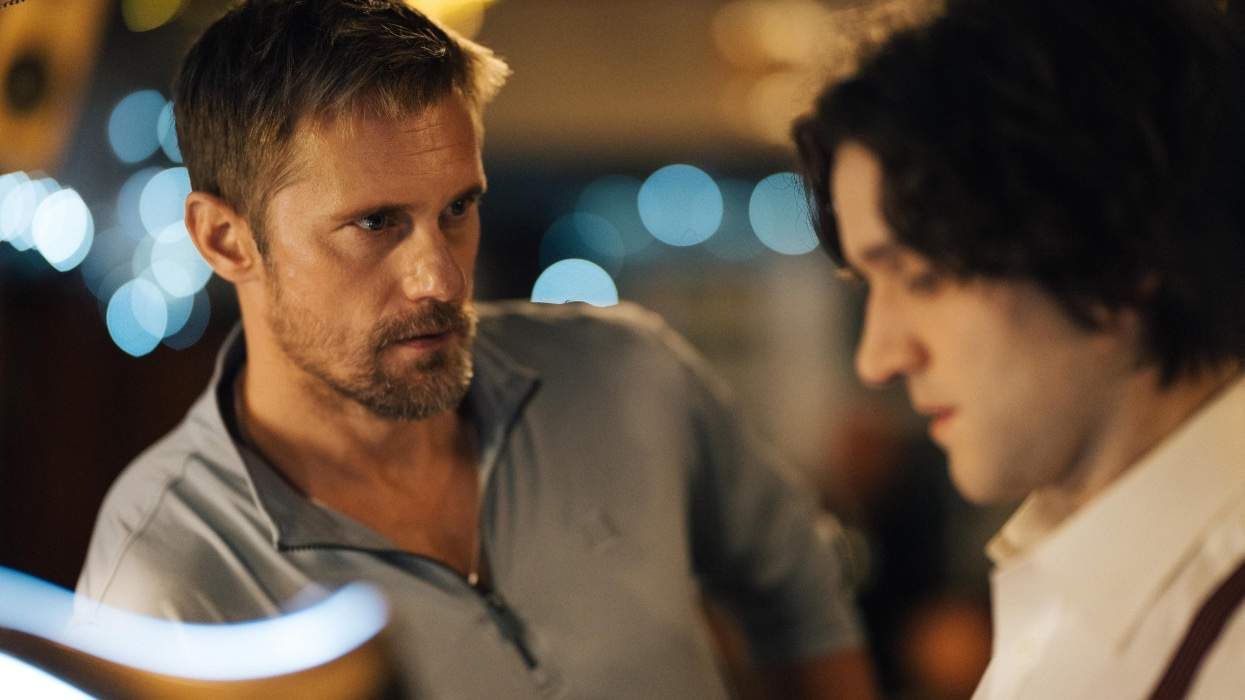
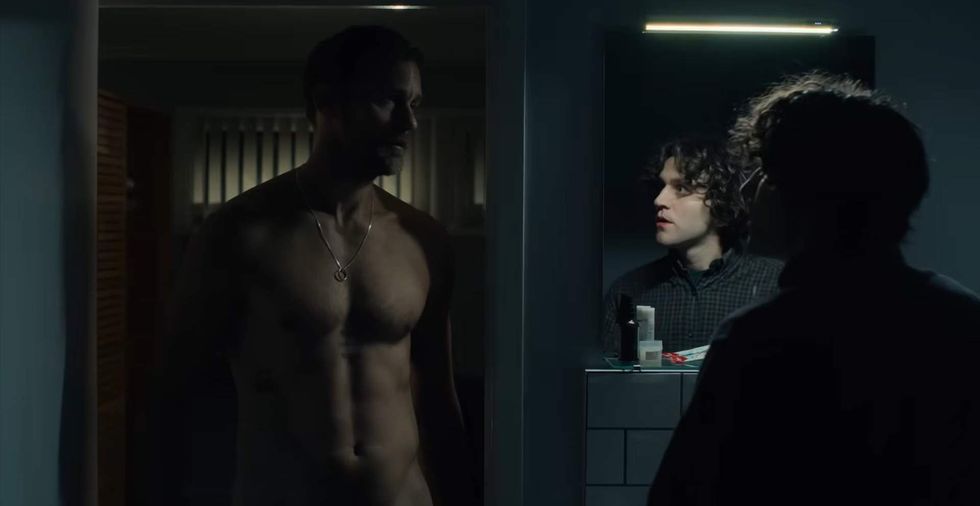 Alexander Skarsgård and Harrry Melling in 'Pillion'A24
Alexander Skarsgård and Harrry Melling in 'Pillion'A24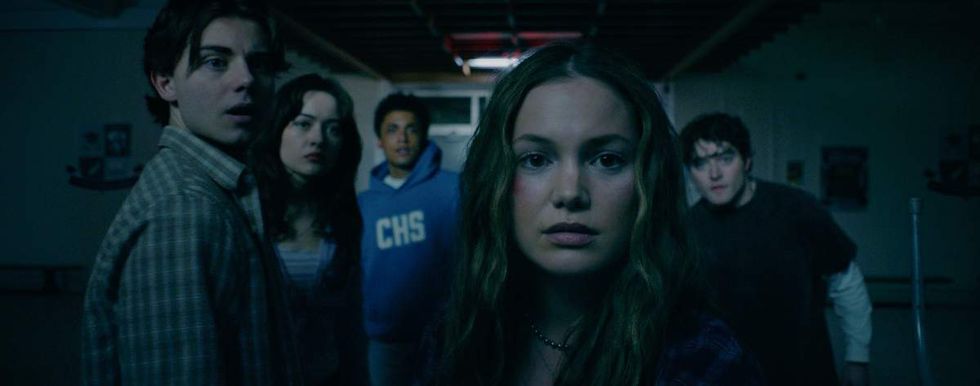

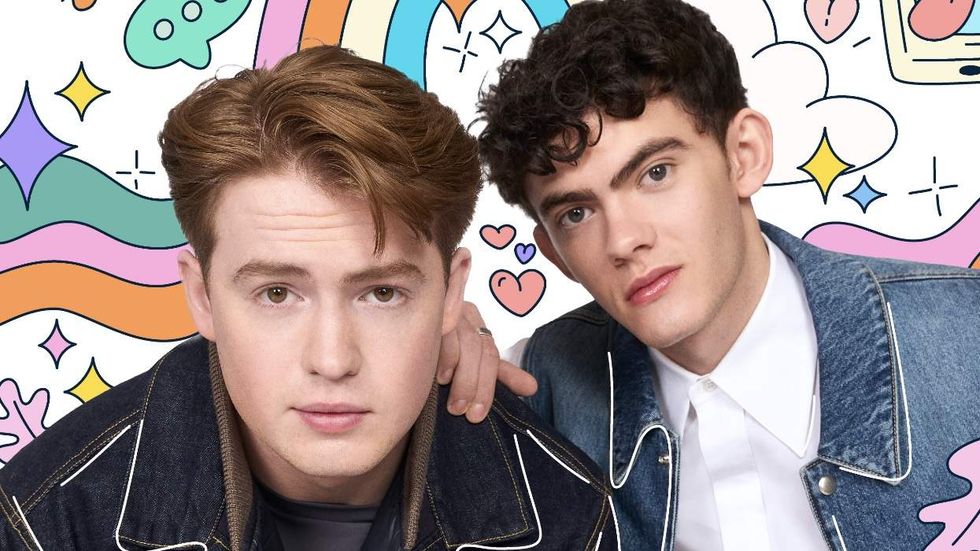
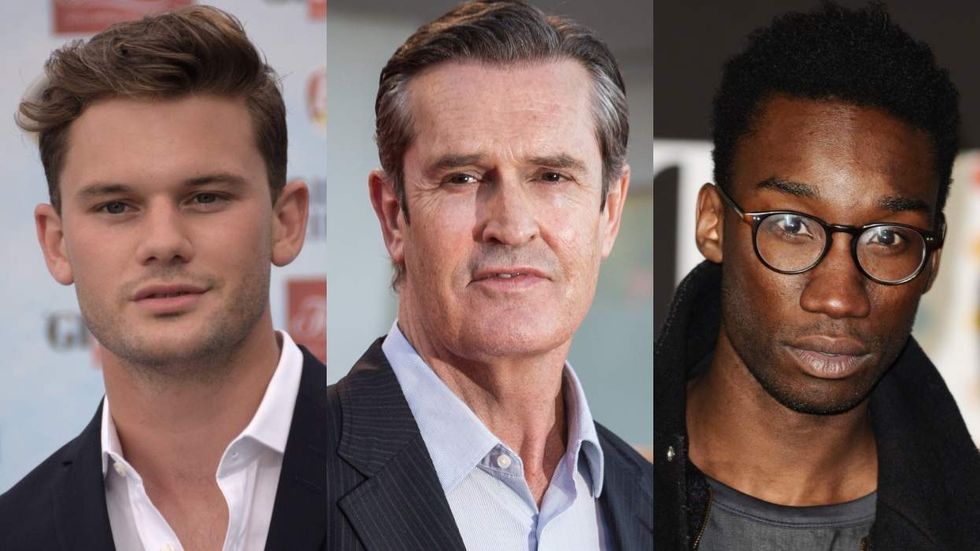
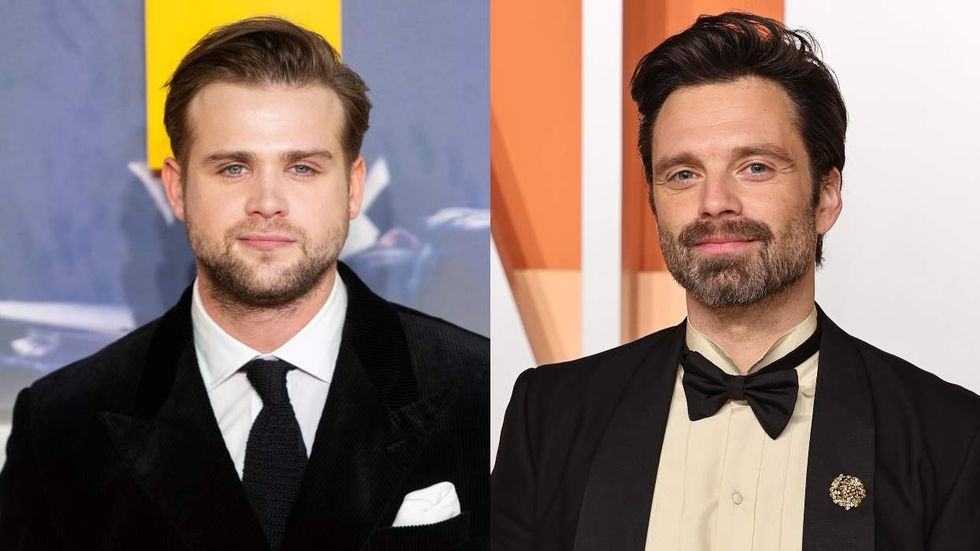
 From left: Hunter Schafer, Tom Ford, Lux Pascal, and Adele.Michael Buckner/Variety via Getty Images; tinseltown/Shutterstock; Phillip Faraone/Getty Images for Disney; lev radon/Shutterstock
From left: Hunter Schafer, Tom Ford, Lux Pascal, and Adele.Michael Buckner/Variety via Getty Images; tinseltown/Shutterstock; Phillip Faraone/Getty Images for Disney; lev radon/Shutterstock